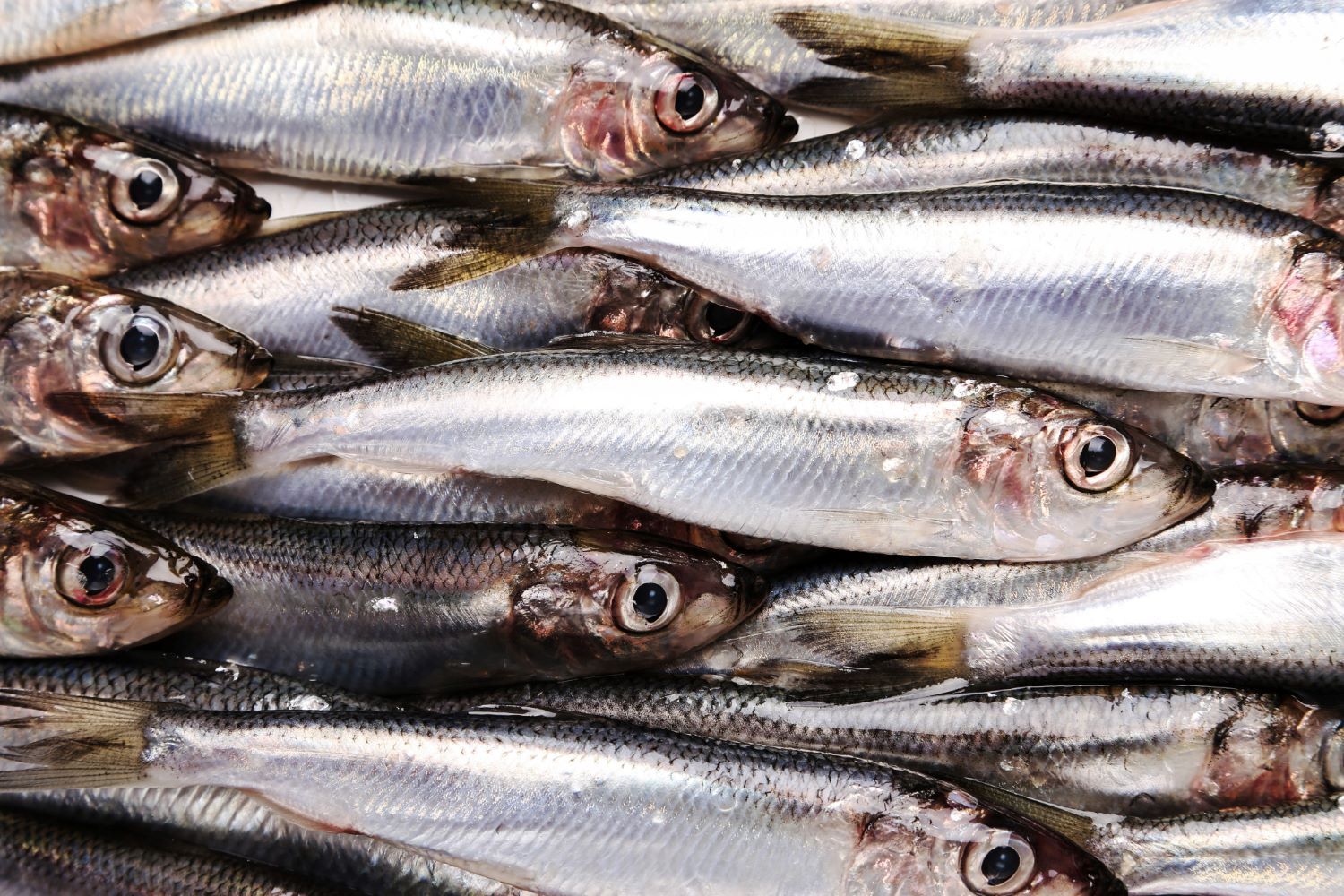Reactions: Study estimates that replacing red meat consumption with sardines or anchovies could prevent up to 750,000 deaths by 2050
Switching some of the world's red meat consumption to forage fish - such as sardines, herring or anchovies - would reduce the number of deaths by between 500,000 and 750,000 by 2050, according to a study published in BMJ Global Health. The authors used data projections for that year for both red meat consumption and forage fish catches in 137 countries, substituting one for the other without exceeding the supply limit for the latter. The research estimates that sardines, herring and anchovies could replace 8% of the world's red meat, which would also serve to reduce the prevalence of diet-related diseases.

Jesús Francisco García - pescado muertes EN
Jesús Francisco García-Gavilán
Researcher in the Food, Nutrition, Development, and Mental Health group, Department of Biochemistry and Biotechnology, Rovira i Virgili University
This study assesses the potential of replacing red meat consumption with forage fish as a nutritionally and environmentally more sustainable alternative. Forage fish include species such as sardines, herring and mackerel, small oily fish with a high content of DHA and EPA, two omega-3 polyunsaturated fatty acids that have been shown to have very beneficial effects on the body. Most of the market for these species is destined to feed other animal species, ignoring the fact that direct human consumption would not only improve public health, but would also positively affect some of the current problems of overexploitation, climate change and malnutrition with a minimum of effort applied to commercial, environmental and nutritional policies.
Red meat is a food derived primarily from cattle. Several studies have shown that continued consumption of this food group favours the development of cardiovascular diseases and some types of cancer, the two pathologies that cause the highest mortality and health expenditure at national level. There are also studies that show that some of the farming practices associated with this type of food are seriously damaging to the environment.
Therefore, the application of national food policies that favour fish consumption would not only improve the health of the Spanish population, but would also reduce health spending and promote the Mediterranean and Atlantic diets, two dietary patterns that are in danger of extinction despite being recognised worldwide as effective in the prevention of pathologies.
Adrián Carballo - pescado salud EN
Adrián Carballo Casla
Postdoctoral researcher at the Aging Research Center of the Department of Neurobiology, Health Care and Society at the Karolinska Institute in Stockholm (Sweden) and CIBERESP researcher
This is interesting and methodologically sound research in which the authors examine how a reduction in red meat consumption, accompanied by an increase in small fish consumption, could have a favourable impact on non-communicable diseases (ischaemic heart disease, stroke, diabetes and colorectal cancer).
The main limitation of this study is linked to the modelling of aggregate data, i.e. it is not possible to determine whether the theoretical benefits of replacing red meat with small fish in a given country could be applied to a specific individual in that same country.
Shujuan Xia et al.
- Research article
- Peer reviewed
- People



